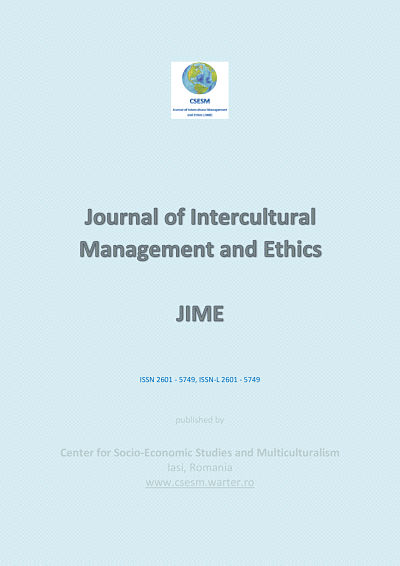Forgiveness, Unforgiveness and Health
Forgiveness, Unforgiveness and Health
Author(s): Adina Karner-HuțuleacSubject(s): Supranational / Global Economy, Business Economy / Management, Sociology
Published by: Center for Socio-Economic Studies and Multiculturalism
Keywords: forgiveness; unforgiveness; health; chronical disease;
Summary/Abstract: Forgiveness consists of giving up one’s right to retribution and releasing or letting go of negative affect directed toward the offender (Hebl & Enright, 1993) and the increase of positive emotions and perspectives, such as empathy, hope, or compassion (Worthington & Wade, 1999). Unforgiveness is a combination of delayed negative emotions (i.e., resentment, bitterness, hostility, hatred, anger, and fear) and a hyperaroused stress response through rumination toward a transgressor (Worthington, Sandage, & Berry, 2000). Evidence has been produced linking both forgiveness and unforgiveness to short-term physiological variables, such as cortisol reactivity (Berry & Worthington, 2001), blood pressure, and skin conductance (Lawler et al., 2005; Witvliet, Ludwig, & Vander Laan, 2001). The mechanisms through which unforgiveness might endanger health primarily involve (a) the intense and chronic experience of its component emotions, resulting in autonomic nervous system hyperarousal and the general wear and tear associated with increased allostatic load, (b) problematic coping styles, such as avoidance coping (social isolation) or substance use and (c) possible violent revenge behavior.
Journal: Journal of Intercultural Management and Ethics
- Issue Year: 3/2020
- Issue No: 2
- Page Range: 51-58
- Page Count: 8
- Language: English

